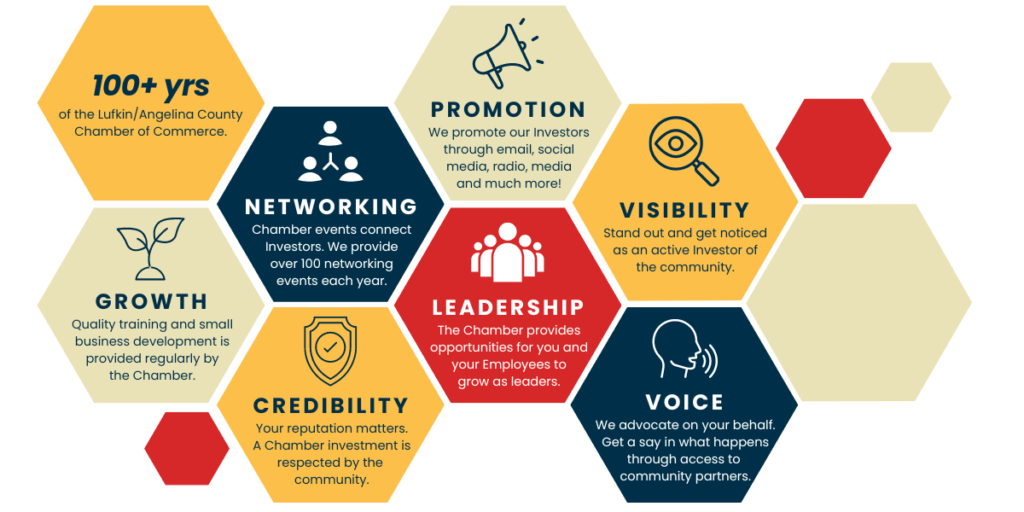Chamber members face various challenges, but common ones include issues with marketing, networking, navigating regulations, and accessing resources for growth. Here's how the Chamber helps:
Marketing Support: Many businesses struggle with promoting their products or services effectively. The Chamber provides platforms for members to showcase their offerings through events, newsletters, and social media promotions. Additionally, the Chamber may offer marketing workshops or connect members with marketing experts for guidance.
Networking Opportunities: Building connections within the business community can be challenging. The Chamber organizes networking events, mixers, and seminars where members can meet and collaborate with other professionals. These events facilitate relationship-building and potential partnerships.
Regulatory Guidance: Navigating regulations and compliance requirements can be daunting for businesses. The Chamber offers resources and guidance on regulatory matters, including access to legal advice or workshops on compliance topics.
Business Development Resources: Accessing resources for business growth, such as funding, training, or mentorship, can be crucial. The Chamber provides access to business development programs, workshops, and mentorship opportunities to help members expand their skills and knowledge.
Advocacy and Representation: Businesses may face challenges related to local policies, economic conditions, or infrastructure. The Chamber advocates for its members' interests at the local, regional, and sometimes national levels. This advocacy can involve lobbying for favorable business policies, infrastructure improvements, or economic development initiatives.
Community Support: Chambers often play a vital role in supporting the local community. This may include involvement in charitable initiatives, community events, or economic development projects that benefit both businesses and residents.









